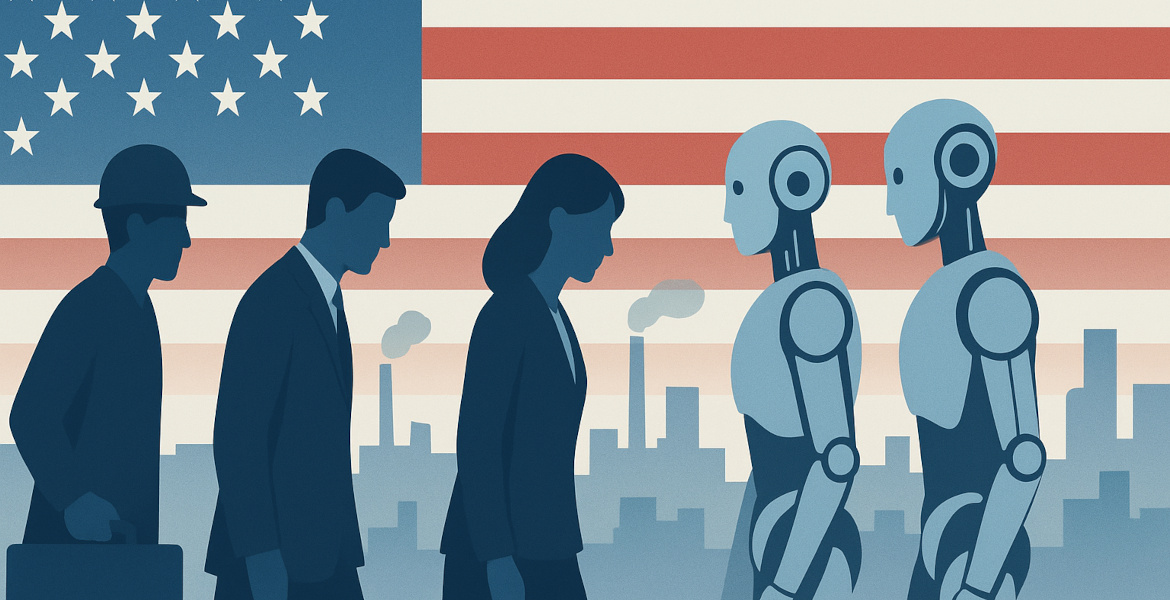Matpriskollen has been tracking food prices for many years and has found that food prices have risen by an average of 24% since January 2022.
During the summer, they note that fruit and vegetables in particular continue to become more expensive, and that a previously cheap staple such as potatoes now costs around SEK 25 per kilo in many stores.
Although prices are not rising as fast as they will in 2022, food is still becoming more expensive. In July, food prices rose by an average of 0.2% - this may sound like a small increase, but it can still have a big impact.
– It may sound like a small number, but it's hitting households hard, with financial pressures coming from many different directions. It amounts to about half a billion SEK in increased costs for Swedish consumers on an annual basis, says Ulf Mazur, CEO and founder of Matpriskollen, in a press release.
Vegetables, fruit and chocolate are among the categories that have increased the most, with a poor cucumber harvest in Sweden leading to an 8% price increase in July. At the same time, avocados, for example, became 30 to 40 percent more expensive in the nets at popular Swedish grocery chains Ica, Hemköp and Willys.
Record-expensive potatoes
Matpriskollen also notes that the price of potatoes has risen sharply, "largely due to the catastrophic harvest of winter potatoes in the fall, which has resulted in a shortage of Swedish potatoes.
Last year, fresh potatoes cost around SEK 15 per kilogram - this year it is between SEK 20 and 25 per kilogram.
– Heavy rainfall in Sweden and northern Europe last fall destroyed much of the potato crop, which was expected to last until 2024. As a result, many potato growers are struggling financially, and lower volumes this year mean they will have to charge higher prices, says Mazur.
– Potato production is becoming increasingly difficult and risky with major weather changes, he said. We also find that most of the increase ends up in the stores because of the percentage markup, he continues.
Some foods slightly cheaper
Some food categories have also become slightly cheaper over the past month - fish has become one per cent cheaper on average and the price of table margarine has fallen by up to 21 per cent. Overall, however, food continues to get more expensive, with Ica stores increasing prices the most over the past year (2.8%).
– At Ica, each retailer sets its own prices to customers, so prices naturally vary widely from store to store. You can make a lot of money by shopping around and comparing prices between different stores and chains in your area. It can add up to many thousands of crowns in a year, says Ulf Mazur.




